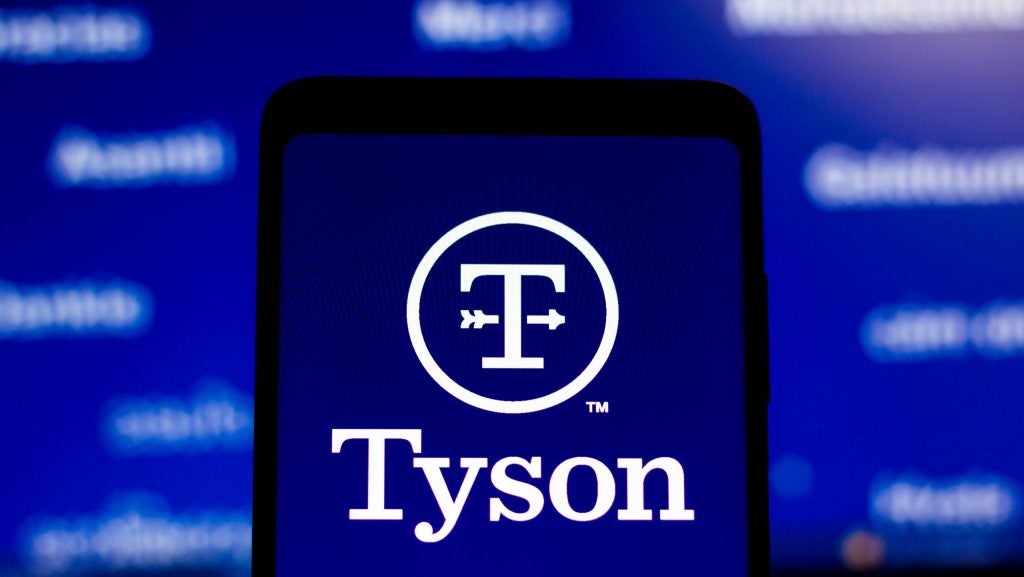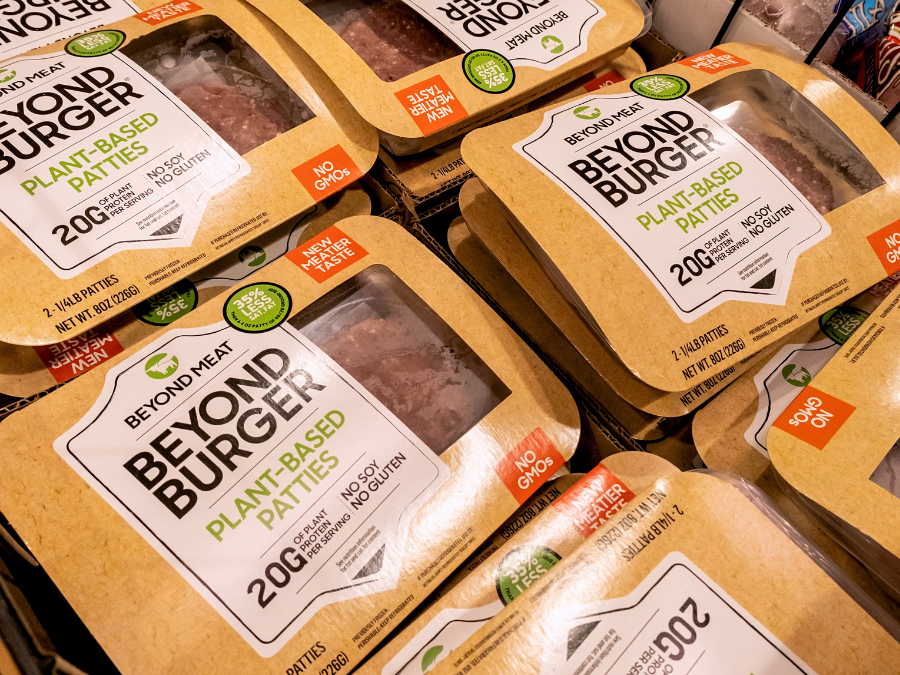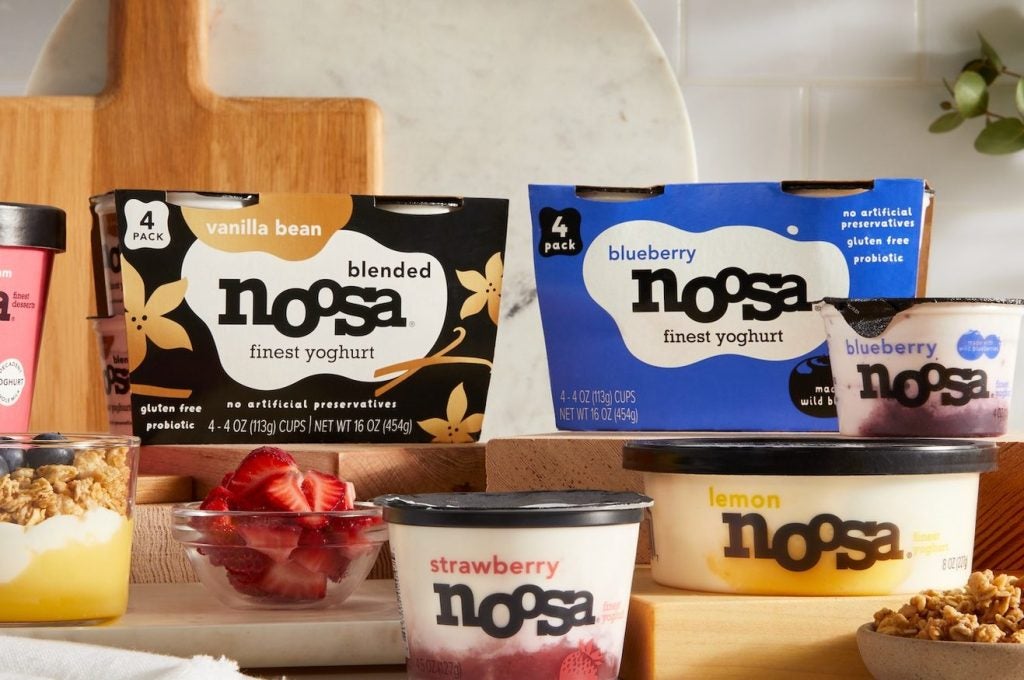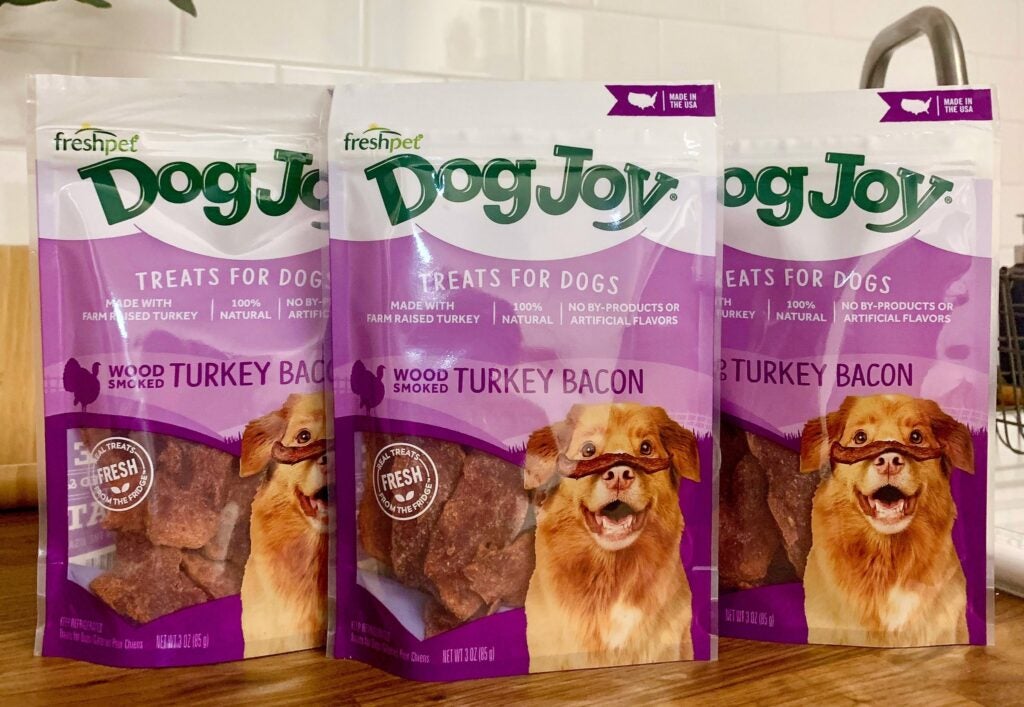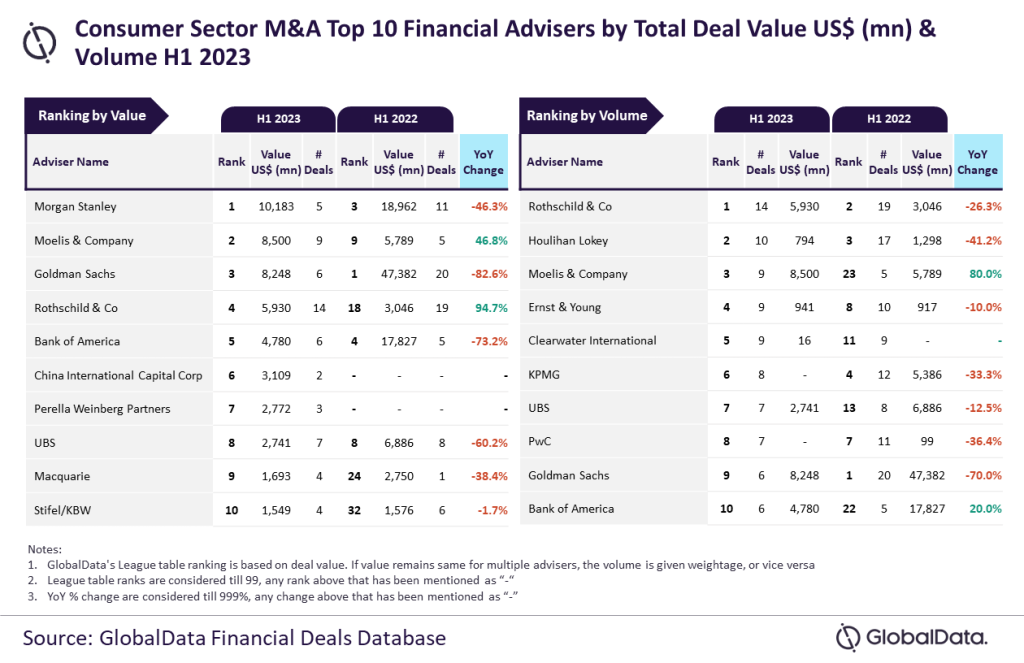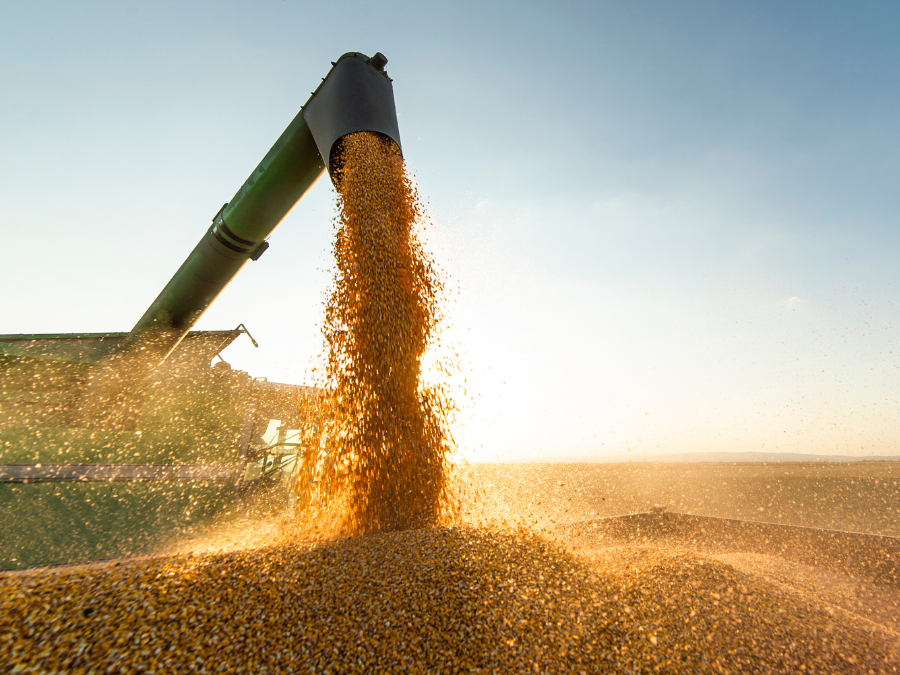US meat giant Tyson Foods could consider closing more plant closures as it continues to face pressures across its chicken, beef and pork operations.
Yesterday (7 August), Tyson announced it was shutting four chicken plants in a bid to reduce costs against a backdrop of slowing demand and falling profits.
In a call with analysts after its 2023 third-quarter financial results were reported, CEO Donnie King was asked about whether other closures are on the cards.
He said: “We’re continuing to evaluate everything as we automate and modernise these assets. And so, we’ll continue to look.”
He added: “We’re executing a multi-point plan focused on efficiency and modernisation, including taking a much closer look at our cost structure across the business to drive operational excellence.”
King described the newly announced closures, and those announced earlier in the year, as “decisive actions that we’re taking to successfully navigate the current market environment”.
He suggested the trading environment is likely to stay difficult across its main protein segments.
“Market conditions in chicken are still challenged with commodity prices across most cuts remaining significantly lower, compared to last year,” he said.
He added: “The beef industry will likely continue facing headwinds. As you may have seen in the latest USDA cattle inventory report, herd liquidation continues to tighten supply, leading to higher cattle cost, narrowing spreads and difficult export market conditions.”
Tyson has also said reduced demand for beef has made it difficult to pass on higher costs to consumers despite steep inflation on labour, grain and other inputs.
And, on pork, King said: “Pork remains under pressure across the industry and we continue to see headwinds there with both our internal live production and our external sourced hog supply.”
He also pointed to increased feed costs amongst other headwinds.
Beef revenue was flat year-over-year, while pork revenue was down 18% and chicken sales declined 3.5%.
CFO John Tyson told analysts: “We would expect to see chicken recover most quickly, pork is a little different and then, the beef cycle and those dynamics I think are well documented.”
The company declined to say how many jobs will be impacted by its decision to close chicken plants at North Little Rock, Arkansas, Corydon, Indiana and Dexter and Noel in Missouri but news agency Reuters has estimated close to 3,000 people are employed at the sites.
King told analysts: “The facilities that we’re closing, just to give a little colour about them, they’re typically smaller in scale and in need of major capital to make them viable.”
The plants are expected to close in late 2023 or early 2024 with production moved to other facilities.
The four facilities account for about 10% of Tyson’s chicken-slaughter capacity, John Tyson told analysts. The Jimmy Dean and Hillshire Farm brands owner estimates total charges of $300m to $400m from the closures.
Arkansas-based Tyson reported third-quarter sales of $13.14bn, down 3% year-on-year, while its adjusted operating income fell by 82% to $179m. The current quarter also included a goodwill impairment charge of $448m.
Analyst Alexia Howard, of AllianceBernstein, pointed out the results “came in below expectations”.
John Tyson still anticipates fiscal 2023 revenue in a range of $53bn to $54bn. King told analysts: “We remain fully committed to our vision of delivering sustainable top-line growth and margin improvement over the long run.”
He added: “We’ve been through market cycles before and I’m confident that we have the right strategy, seasoned leadership and team members in place to emerge stronger from this one.”


